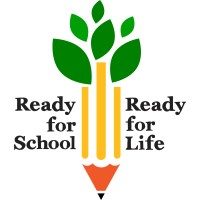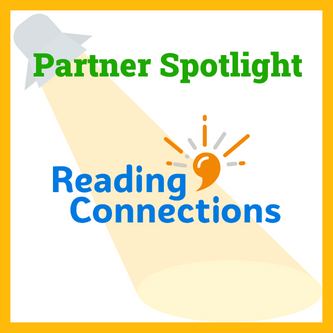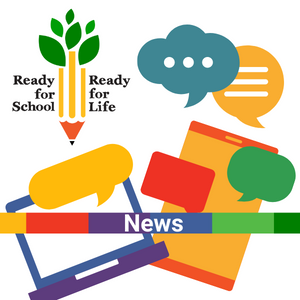One in five people in Guilford County struggles with basic literacy skills. Reading Connections transforms our community by improving literacy and promoting educational equity for people of all ages.
“We’ve been in operation for more than 30 years and started as a way to provide extra literacy support for adults, but now it’s grown into much, much more,” said Alison Welch, Reading Connections family literacy manager. “We started the Family Literacy program in 2006 and work with parents, caregivers, and their children. We want to help parents know how they can support their children in becoming ready for kindergarten.”
Welch made the point that literacy is cyclical – which is why Reading Connections takes a multigenerational approach and partners with organizations like Ready for School, Ready for Life.
Reading Connections plans to enroll 150 families in its Guilford County program this year. In the 2020-21 academic year, 68 percent of the parents in the program reported reading more to their children, which is key to breaking the cycle of illiteracy.
“Research shows that children who start kindergarten behind their peers are less likely to experience success in school and read on grade level by third grade,” Welch said. “Working with Ready Ready and its program The Guilford Basics helps us explain to parents that early brain development is critical for future success in school.”
Reading Connections’ Family Literacy program provides six 15-week sessions during the school year at Title 1 elementary schools and community centers in Guilford County. Because parents are their children’s first teachers, the program incorporates literacy instruction for adults and children.
“A lot of the strategies included in The Basics Guilford are also included in the Motheread Fatheread curriculum we use in our program,” Welch said. “Encouraging parents to be actively engaged when reading with their kids, letting children turn the pages, repeating key phrases, or pointing at pictures are good examples. We had a Ready Ready staff member give a training in The Basics and Active Reading with our parents and loved how she emphasized that you don’t have to be reading the words on the page to engage your child in a story.”



